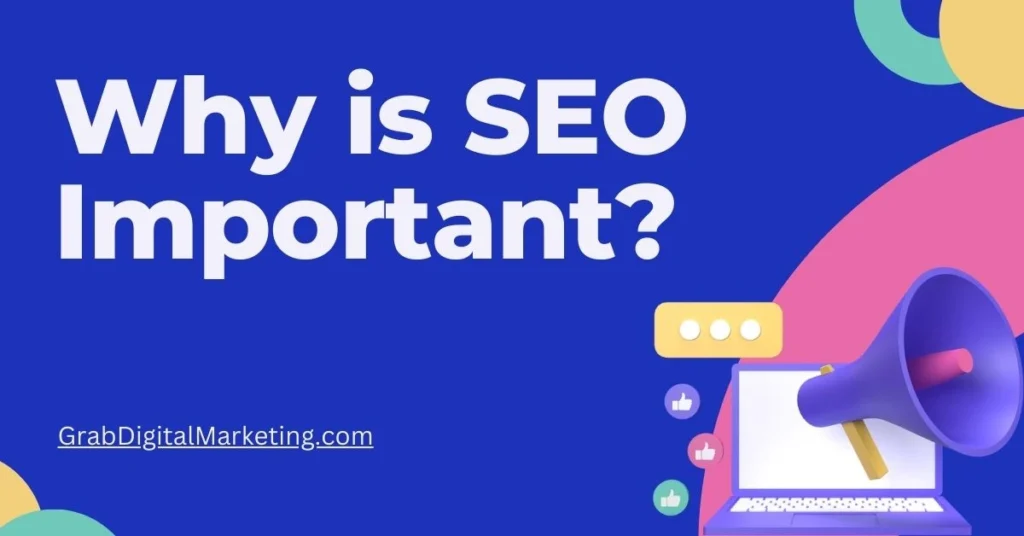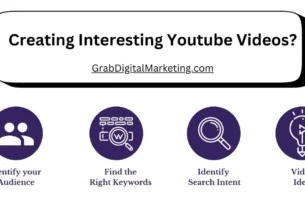SEO, or Search Engine Optimization, is the practice of enhancing a Website to increase its visibility in search engine result pages (SERPs) like Google. By optimizing your site, you can attract more organic (unpaid) Traffic, improve your site and ranking, and reach a larger audience. There are some key elements of SEO.
Table of Contents
Types of SEO?

The Practice of enhancing a website to increase its visibility in search engine results pages (SERP) like Google. By optimizing your site, you can attract more organic (unpaid) traffic, improve your site ranking, and reach a large audience. Some elements key are included on SEO.SEO, or Search Engine Optimization, is enhancing a Website to increase its visibility in search engine result pages (SERPs) like Google. By optimizing your site, you can attract more organic (unpaid) Traffic, improve your site and ranking, and reach a larger audience. There are some key elements of SEO.
Keyword Research:
Finding the right keywords that potential visitors use to search for information related to your site.
On-Page SEO:
Optimizing individual web pages to rank higher by including keywords in titles, headings, meta descriptions, and content.
Off-Page SEO:
Building backlinks from other reputable websites to increase your site’s authority.
Technical SEO:
Improving the backend of your site, such as site speed, mobile-friendliness, and XML sitemaps.
Content Creation:
Producing high-quality, relevant content that appeals to your audience and encourages them to engage and share.
Why is SEO Important?

Increased Visibility and Traffic:
It helps your website rank higher on search engine results pages, making it more visible to potential visitors and driving more organic traffic.
Credibility and Trust:
Websites that appear on the first page of search results are often perceived as more credible and trustworthy by users.
Better User Experience:
SEO practices improve the overall user experience by making websites faster, easier to navigate, and more informative.
Cost-Effective:
Unlike paid advertising, SEO focuses on organic traffic, which doesn’t require continuous spending. Once your site is well-optimized, it can attract traffic over time without additional costs.
Higher ROI:
SEO often provides a higher return on investment compared to other marketing strategies because it targets users who are actively searching for related products or services.
Competitive Advantage:
A strong SEO strategy can give you an edge over competitors who may not be investing as heavily in SEO.
Local SEO:
It helps businesses attract local customers by optimizing for local searches, making it essential for companies that rely on local clientele.
What is a Keyword?

A keyword is a particular word or phrase that represents the main topic or subject of a piece of content. In the context of SEO, keywords are the terms that people enter into search engines when they’re looking for information, products, or services. By identifying and using relevant keywords in your content, you can improve your chances of ranking higher in search engine results.
Keywords Analysis Tools?

Google Keyword Planner:
A free tool by Google that helps you find keywords and see how they might perform.
Moz Keyword Explorer:
Provides keyword suggestions, search volume, and difficulty scores.
Keyword Tool:
Uses Google Autocomplete to generate long-tail keyword suggestions.
Keywords Everywhere:
A browser extension that shows keyword data directly in your search results.
These tools can help you identify the best keywords to target for your SEO strategy. If you need more details on any specific tool, let me know!
Choose Right Keyword For Website

Choosing the right keywords is crucial for your website’s search engine optimization (SEO). Here are some tips to help you select the best keywords:
Identify Your Audience:
Understand who your target audience is and what they are searching for.
Brainstorm Relevant Topics:
Make a list of topics related to your website’s content.
Use Keyword Research Tools:
Tools like Google Keyword Planner, SEMrush, Ahrefs, and Ubersuggest can help you find popular keywords related to your topics.
Analyze Search Volume and Competition:
Look for keywords with a good search volume but lower competition to improve your chances of ranking higher.
Consider Long-Tail Keywords:
These are longer, more specific keyword phrases that can attract targeted traffic to your website.
Check Your Competitors:
See which keywords your competitors are ranking for and consider incorporating them into your strategy.
Use Local Keywords:
If your business operates in a specific location, include location-based keywords to attract local customers.
Optimize for User Intent:
Choose keywords that align with what users are looking to accomplish when they search.




